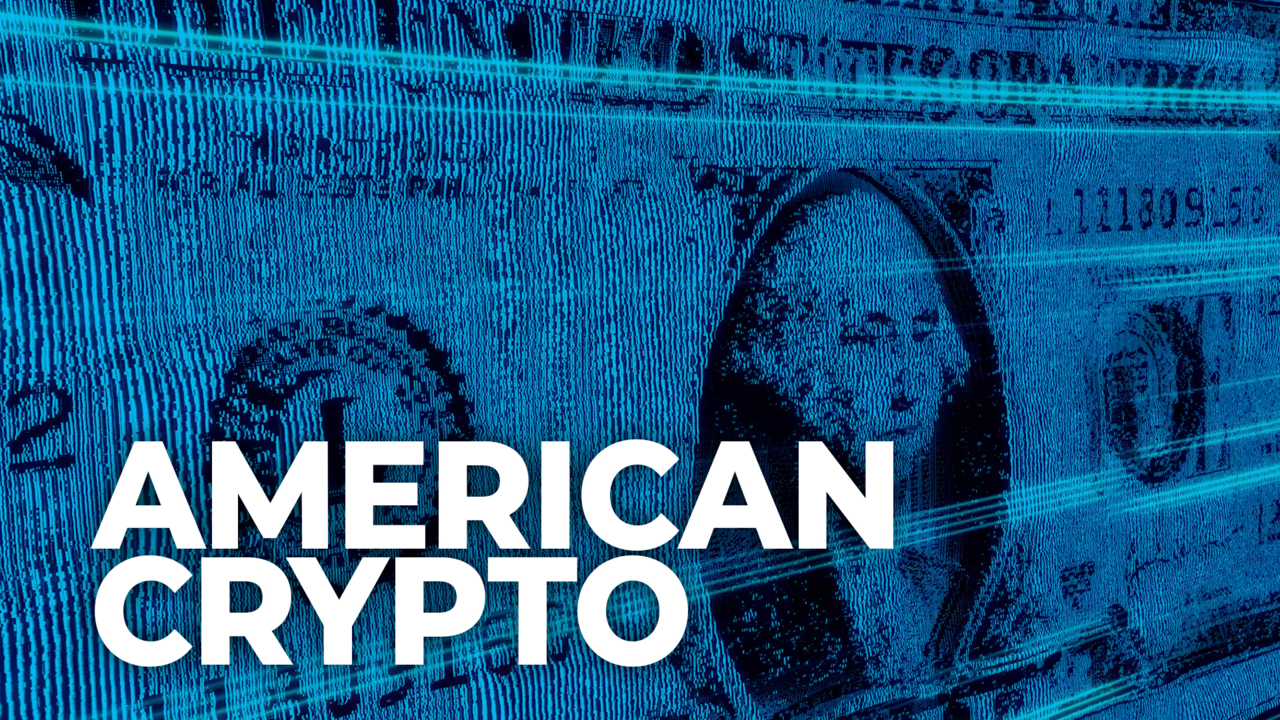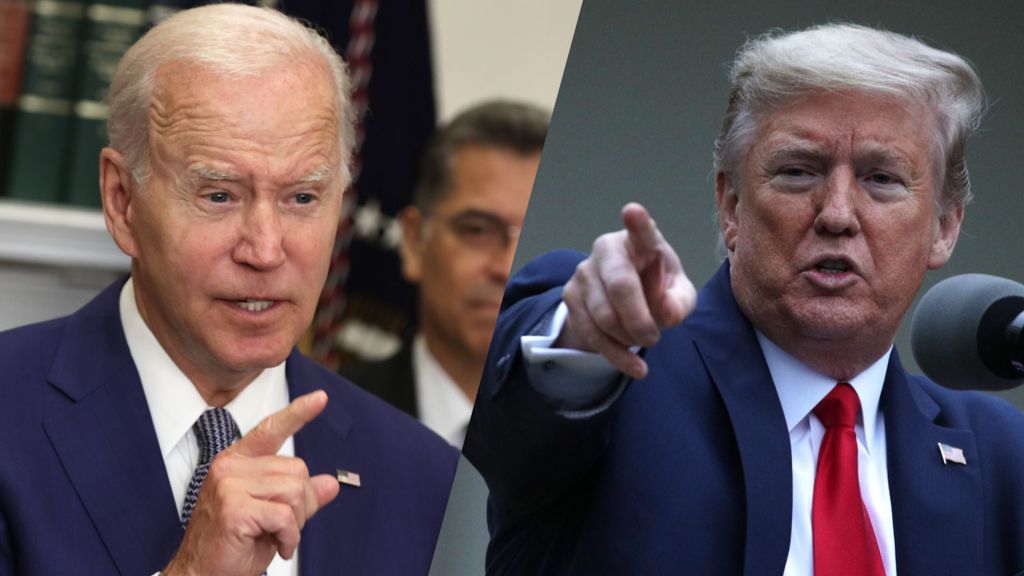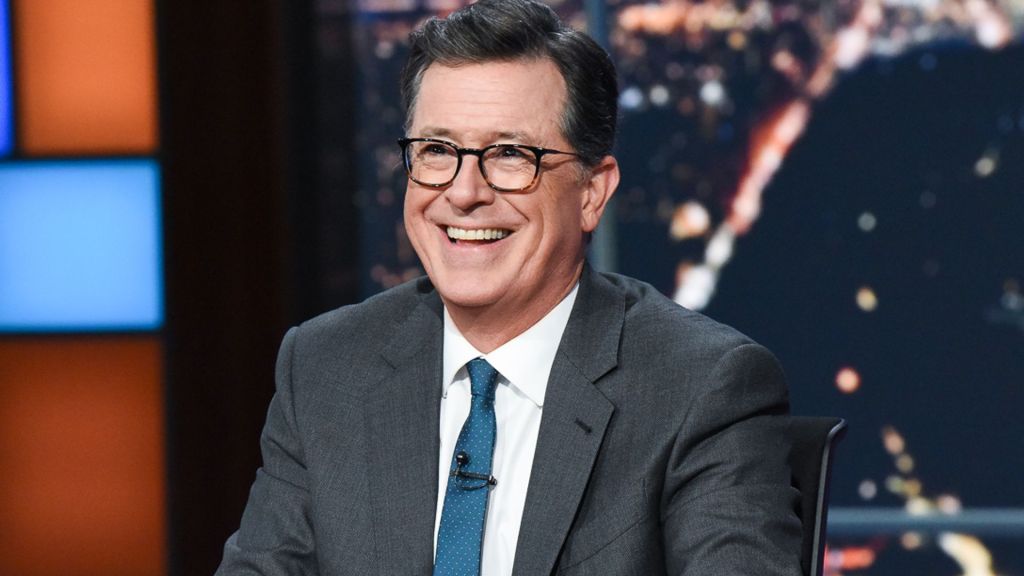
SIMONE DEL ROSARIO: FOR THOUSANDS OF YEARS, HUMANS HAVE USED PHYSICAL MONEY TO PAY FOR GOODS AND SERVICES.
BUT IN A TIME WHERE WE CAN ANSWER AN INTERNATIONAL CALL FROM OUR WATCH, DO WE REALLY NEED THIS WAD OF CASH?
I DON’T MEAN SUBBING IT WITH APPLE PAY OR SWIPING YOUR CREDIT CARD, THINGS WE ALREADY DO IN LIEU OF PAYING WITH CASH…
I MEAN TURNING THAT PAPER U-S DOLLAR INTO DIGITAL CURRENCY.
CHRIS GIANCARLO: this would enable money to move as easily as a text message.
SIMONE DEL ROSARIO: CHRIS GIANCARLO IS THE FORMER COMMODITY FUTURES TRADING COMMISSION CHAIR, AND CURRENT CO-FOUNDER OF THE DIGITAL DOLLAR FOUNDATION.
CHRIS GIANCARLO: we’re talking about digital money that would actually move from one mobile device to another person’s mobile device without having to send a whole series of messages back to some financial institution to move liabilities.
SIMONE DEL ROSARIO: BY TAKING BANKS OUT OF THE EQUATION, SENDING MONEY INTERNATIONALLY WOULD BE A LOT CHEAPER. SMALL BUSINESS COULD AVOID CREDIT CARD PROCESSING FEES. AND FOR MILLIONS OF AMERICANS WITHOUT BANK ACCOUNTS, A DIGITAL DOLLAR COULD ALLOW THEM TO SHOP ONLINE FOR THE FIRST TIME.
UNLIKE CRYPTOCURRENCIES, THIS WOULD BE BACKED BY THE FULL FAITH AND CREDIT OF THE GOVERNMENT.
FED CHAIR JEROME POWELL: we’re looking at it very carefully.
SIMONE DEL ROSARIO: YES, THE U-S FEDERAL RESERVE IS CONSIDERING A CENTRAL BANK DIGITAL CURRENCY, OR C-B-D-C. IN FACT, PRESIDENT JOE BIDEN ISSUED AN EXECUTIVE ORDER IN MARCH 2022 STRONGLY ENDORSING U-S DEVELOPMENT.
FED CHAIR JEROME POWELL: We’re evaluating both the policy issues and the technology issues. And we’re doing that with a very broad scope. We have not decided to proceed. And we don’t see ourselves as making that decision for some time.
SIMONE DEL ROSARIO: BUT THAT ALSO MEANS THE U-S IS BEHIND MORE THAN 50 OTHER COUNTRIES THAT ARE DEVELOPING, PILOTING, OR HAVE EVEN LAUNCHED CBDCS.
MOST NOTABLE BEING CHINA, WHICH HAS MORE THAN 250 MILLION PEOPLE PILOTING ITS DIGITAL YUAN.
CHRIS GIANCARLO: There’s no question that China is dominating the development of this innovation. And we cannot sit by as a free society and sit out this technological evolution.
SIMONE DEL ROSARIO: GIANCARLO SAYS THE CHINESE VERSION IS FULL OF CENSORSHIP AND SURVEILLANCE. AND NOW – CHINA SAYS ITS READY FOR CROSS-BORDER USE.
CHRIS GIANCARLO: the game is afoot. If we’re going to sit out the development of those standards, it’s very likely that the Chinese values of digital money will prevail. in the same way that the United States led the evolution of the Internet. And that privacy was assured of it, we need to make sure that we do the same when it comes to digital money.
SIMONE DEL ROSARIO: OF COURSE NOT EVERYONE THINK THE U-S *SHOULD GET IN THE GAME.
FED GOVERNOR CHRISTOPHER WALLER: i remain skeptical that a federal reserve cbdc would solve any major problem confronting the u.s. payment system.
SIMONE DEL ROSARIO: FED GOVERNOR CHRISTOPHER WALLER IS AMONG THOSE WARNING THE COSTS AND RISKS – COULD FAR OUTWEIGH ANY BENEFIT.
FED GOVERNOR CHRISTOPHER WALLER: that we want to open ourselves up to this extreme cybersecurity risk? And a cbdc would be a very tempting target.
SIMONE DEL ROSARIO: AND THE BANKING INDUSTRY IS ALSO LOUDLY OPPOSED, ARGUING THE FED SHOULD INSTEAD LOOK TO LEVERAGE DEVELOPMENTS IN THE PRIVATE SECTOR.
BUT WHILE THE U-S STUDIES ITS ROLE IN THE SPACE, THE INTERNATIONAL COMMUNITY IS BUSY MAKING BREAKTHROUGHS.
AFTER MONTHS OF EXPERIMENTS, INTERNATIONAL BANKING SYSTEM SWIFT IS CLAIMING THEY CAN BE THE SINGLE GATEWAY FOR A GLOBAL C-B-D-C SYSTEM.






